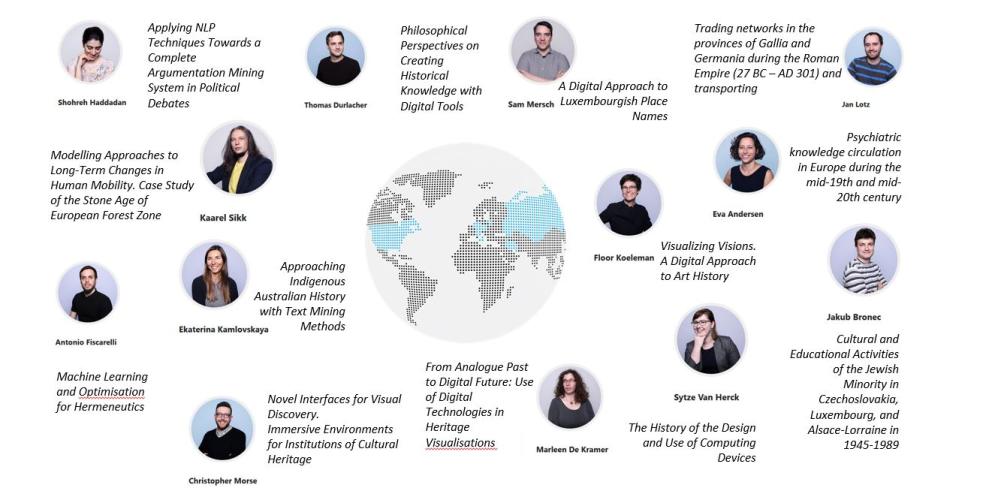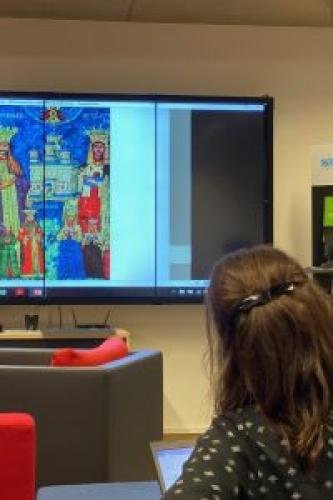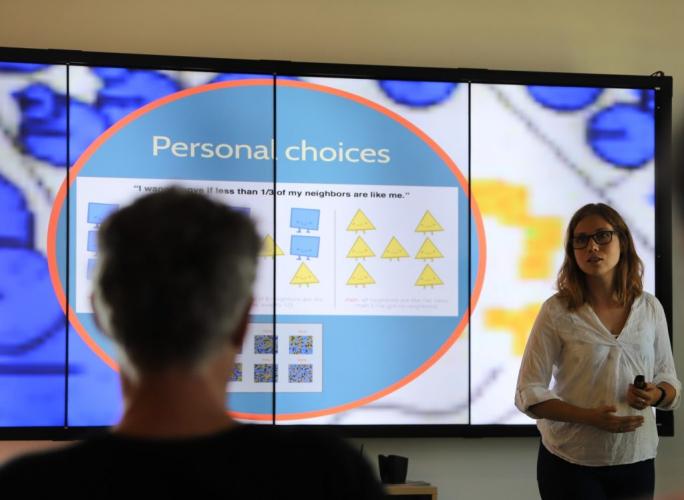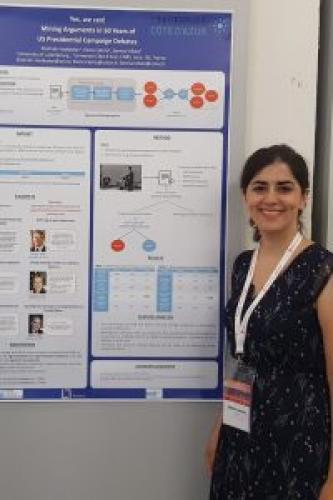A place of fearless thinkering and learning
Doctoral training at C²DH
The C²DH’s teaching and knowledge transfer activities build on the thinkering philosophy. The centre aims to be a place of fearless learning where students and young researchers have the opportunity to experiment and explore new paths in a secure academic environment. A great opportunity for promoting innovative and experimental research projects at PhD level is the Doctoral Training Unit (DTU) initiative within the FNR’s PRIDE scheme.
“Digital History and Hermeneutics” Doctoral Training Unit
In 2017, the C²DH launched the “Digital History and Hermeneutics” Doctoral Training Unit (DTU) which combined hermeneutic reflection on the new digital practices of humanities scholarship with hands-on experimentation in the field of digital history. It was designed to serve as an experimental space in which different communities of practice and epistemic cultures – including historians, philosophers, linguists, computer scientists, geographers, information and data scientists and experts in human-computer interaction – could negotiate new forms of knowledge production in the field of digital history and humanities. From 2017 to 2021, the DTU hosted 13 PhD students from 10 different countries.

Andreas Fickers wins FNR Award for outstanding mentorship
In 2021, the Award of Outstanding Mentor, a new category introduced in 2021, went to Andreas Fickers, director of the C²DH. Several of the C²DH PhD students nominated him for this award without his knowledge. “Working with Andreas is like playing a game of Tennis” says Aurélia Lafontaine, one of his PhD students. “He picks up every single one of your ideas, gives valuable comments and then lets you rethink your proposal.” Or, as Dominique Santana puts it: “ For Andreas, if you are doing your best and you are being honest to yourself while doing it, then it is impossible to fail in research.”
"Deep Data Science for a Digital History" Doctoral Training Unit
In the coming years, the follow-up DTU, entitled “Deep Data Science for a Digital History” (D4H), will focus on the trading zone between history and data science. In collaboration with partner institutions such as LISER, LIST and the departments of history and computer science at the University, the DTU will focus on the question of how to make sense of “big data of the past”, since the practice of history in the “age of abundance” requires new approaches to data management, mining, visualisation and interpretation. The study of mass migration flows, climate change and public opinion formation on social media platforms will require both critical digital literacy from historians and a humanist approach to data analytics.







